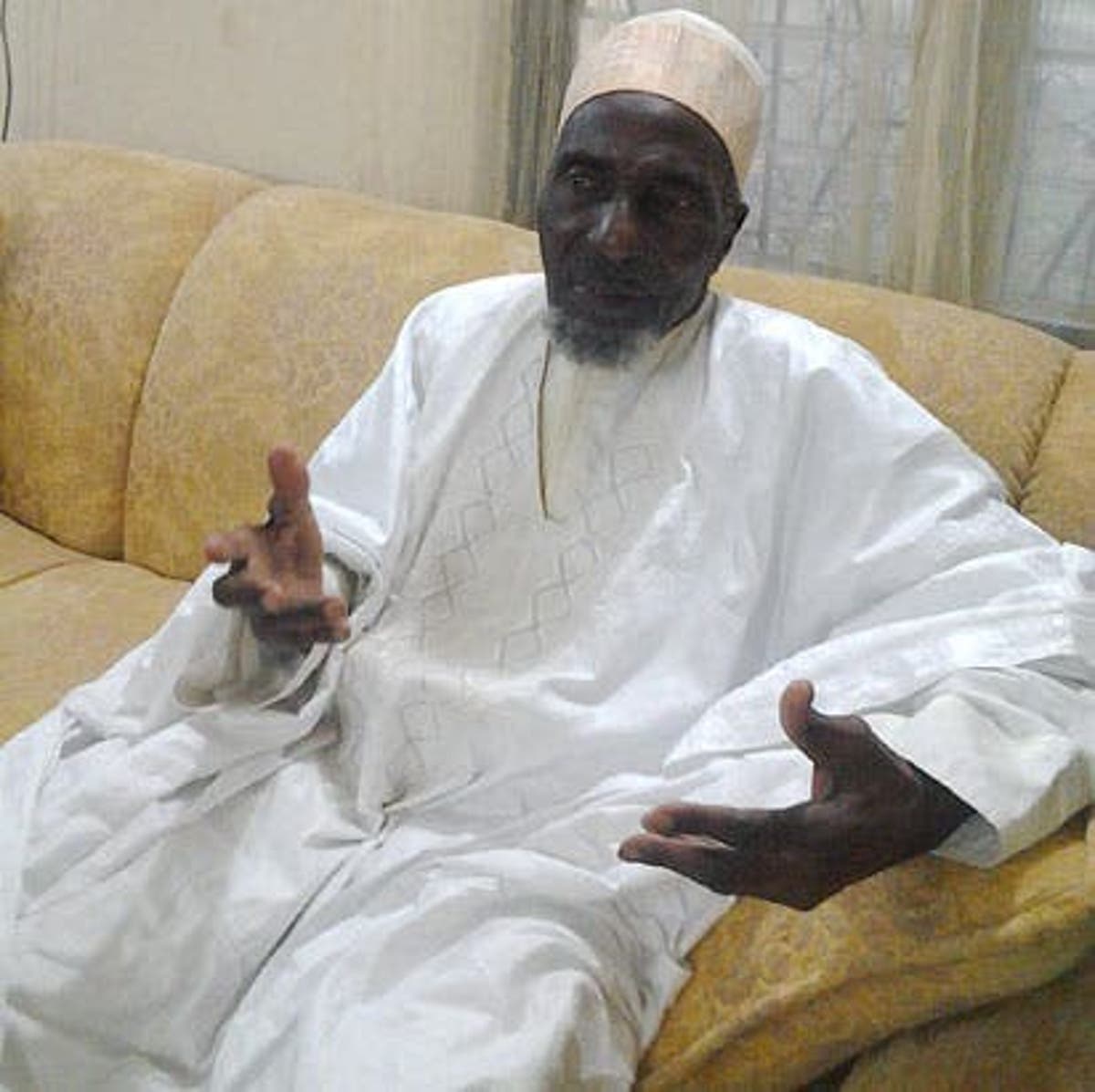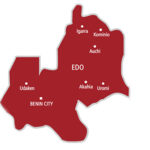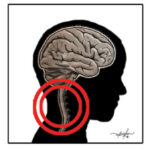The death, on Thursday December 24, 2020, of Sheikh Ahmed Lemu at the age of 91, robbed the Nigerian Muslim community and Nigeria as a whole of a foremost teacher, linguist, author, jurist and religious leader who devoted his entire life to the promotion of Islamic education and of the highest virtues of Islam.
He served the country for seven decades as a teacher, education administrator, public servant and a Shari’a Court judge.
Sheikh Lemu was born in Lemu, Gbako Local Government Area of Niger State on December 1, 1929.
His education began at his father’s Qur’anic school at Lemu in 1932.
He attended Elementary School, Lemu, 1939-44; Niger Middle School (now Government College), Bida, 1944-48; and Shari‘ah Law School (now School for Arabic Studies), Kano, 1949-50.
He acquired Higher Elementary Teachers’ Grade II Certificate from the same school in 1952.
He studied at the School of Oriental and African Studies (SOAS), University of London, 1954-55 and 1961-64 where he earned a Bachelor of Arts degree in History.
- 56-year-old Kaduna’s only textile coy sacks 300 staff
- Why we are setting up bioscience lab in Yobe – UK-based Nigerian
Sheikh Lemu began working as a teacher at Government Secondary School, Bida in 1953.
He became principal of School for Arabic Studies (SAS), Kano in 1965; was later transferred to Ilorin; and was thereafter appointed principal of the Arabic Teachers College, Sokoto in 1966.
Sheikh rose through the ranks of the North Western State Ministry of Education in Sokoto to become Director, Planning and Development in 1975.
He became a judge of the Sharia Court of Appeal for Sokoto and Niger states in 1976 and in 1977, he became the first Grand Qadi of Niger State.
He retired from this position in December 1991.
Sheikh Lemu authored over a dozen books in English and Hausa.
He also funded the publication of dozens of other books, some of them through the publication division of Ilmi Bookshop and others by the Da’wah Institute of Nigeria (DIN).
His first book, ‘The Young Muslim’, was also his best-known and it had tremendous impact on secondary school students’ understanding of the basics of Islam.
The Islamic Education Trust (IET), which Sheikh Lemu founded in 1970 and was its national president for decades, is one of the best known and most impactful Islamic organisations in Nigeria.
He was also the leader of the Nigerian Counterpart Organisation for the Islamic Development Bank (IDB) scholarship programme and member of the Supreme Council of the Muslim World League in Makkah, the National Executive Committee of Jama’atu Nasril Islam in Kaduna, and the Nigeria Supreme Council for Islamic Affairs (NSCIA).
Sheikh was also a patron and member of the board of trustees for many local and international organisations.
He organised and also attended numerous conferences in Nigeria and abroad.
Public lectures and paper presentations on education, Islam and da‘awah took him on several occasions to many countries of Africa, the Middle East and Asia.
Sheikh Lemu also engaged in a lot of other local, state and national assignments.
He was a member of the Nigeria Vision 2010 Committee. Probably his best known national assignment was when he chaired the Federal Government’s Investigation Panel on 2011 Post Election Violence and Civil Disturbances. Its report was never implemented.
Some of the awards Sheikh Lemu received include Officer of the Order of the Niger (OON) in 1999; Officer of the Order of the Federal Republic (OFR) in 2001; and the prestigious King Faisal International Prize for Service to Islam in 2014.
He received many honorary degrees including Doctorate of Laws from Usmanu Dan Fodiyo University, Sokoto in 1996; Doctor of Letters from Fountain University, Osogbo, in 2011; and D.Sc. Administration from Crescent University, Abeokuta, in 2013. He was appointed Chancellor of Fountain University, Osogbo, in 2009.
Never controversial, very unassuming, highly principled, totally devoted to Islamic education, humanity, justice and community service, Sheikh Lemu left indelible marks in the sands of time in numerous areas.
May Allah reward his contributions to Islam and humanity with the best of Al-Jannah.

 Join Daily Trust WhatsApp Community For Quick Access To News and Happenings Around You.
Join Daily Trust WhatsApp Community For Quick Access To News and Happenings Around You.


